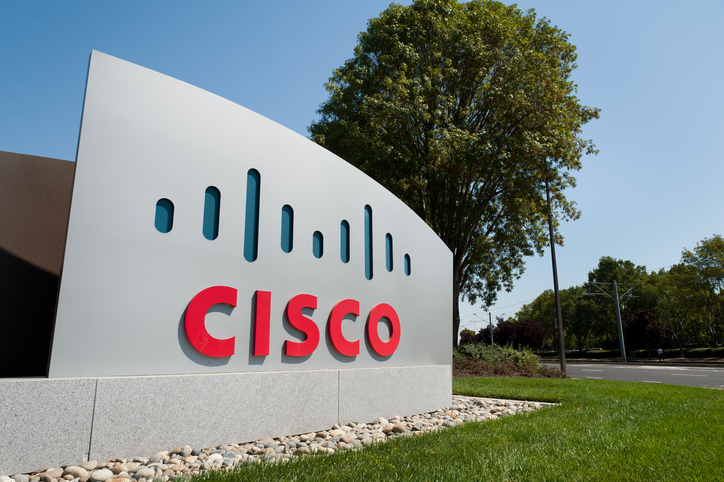1 March 2004 Oracle has said it will challenge the Department of Justice (DoJ) decision to block its $9.4 billion hostile takeover bid for rival PeopleSoft, claiming that the DoJ’s ‘software market definition’ is too restrictive.
The DoJ, in describing the high-end business software market, stated that companies with the most demanding requirements “typically find” that they must choose from just Oracle, PeopleSoft and SAP.
But Oracle is contesting that definition, suggesting that giving in to the government’s objections now could limit its scope for launching successful takeovers in the future.
That is why Oracle’s board has elected to go to court, Oracle spokesperson Jim Finn told the Wall Street Journal. “[The company] wants to clean up some case law that would make it hard to do any mergers,” he said.
In the coming court battle, Oracle’s legal team will identify “large corporate enterprises” that use software from other providers such as Lawson Software, SSA Global Technologies and Microsoft. The latter is central to Oracle’s case because of its market domination in other categories and its goal to build a $10 billion enterprise applications business by 2008.
Oracle will also highlight the case of SunGard Data Systems as one of the few examples of when the court ruled against the government. After the US government filed to block the disaster recovery supplier’s acquisition of Comdisco, the court, in November 2001, rejected their “overly narrow and static definition of the product market” and said it had failed to prove that customers would have no alternatives.
Oracle CEO Larry Ellison has repeatedly made known his plans to make further acquisitions, claiming that consolidation is inevitable in software because there are too many companies chasing limited revenue opportunities.
Ellison has often cited BEA Systems, a supplier of application server software and tools, as a potential target. There were also rumours in late 2003 of Oracle buying Siebel, which Siebel responded to by introducing ‘poison pill’ provisions into its articles of association.
Oracle is now on the hunt for smaller companies and start-ups with technology that could widen the company’s product base, said Ellison.









